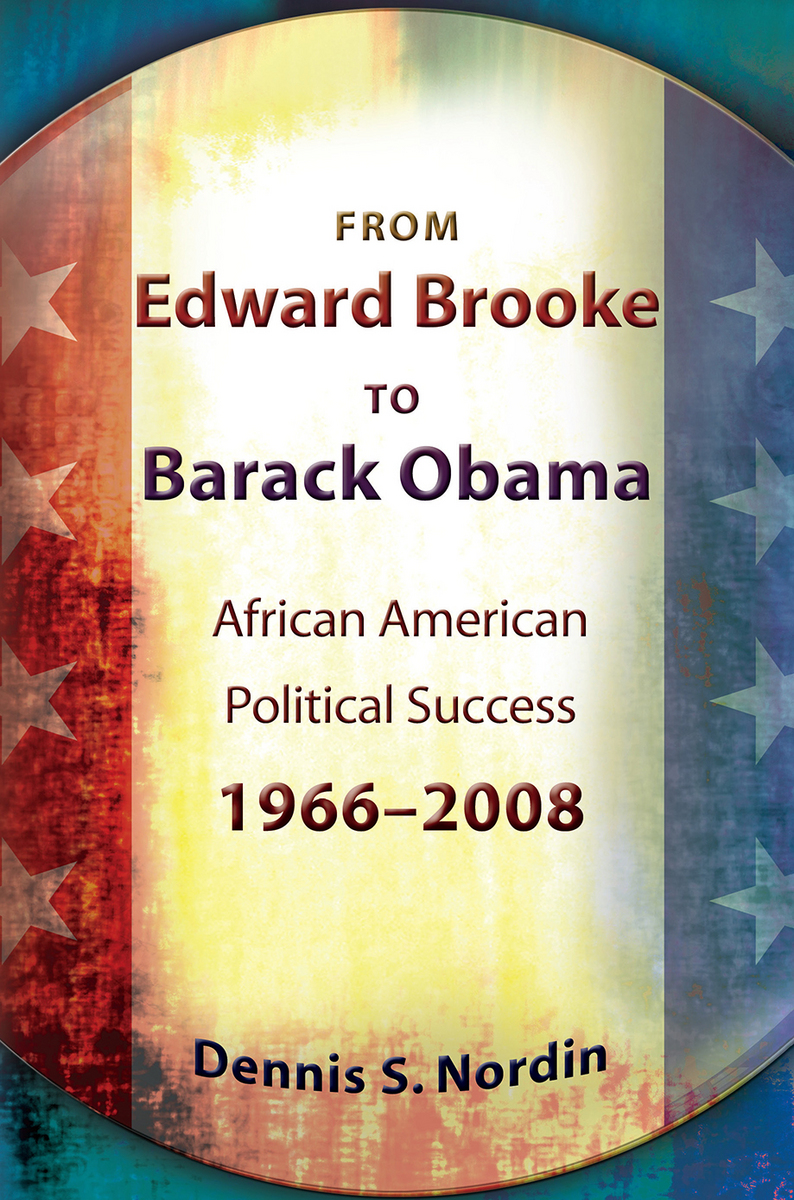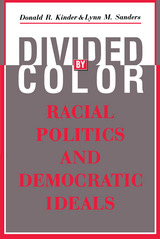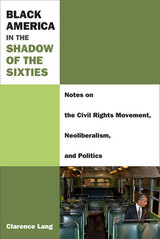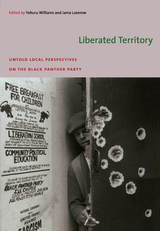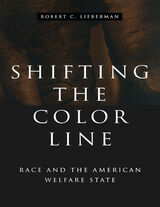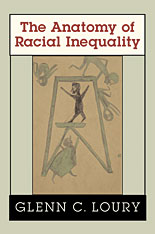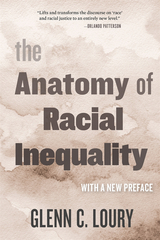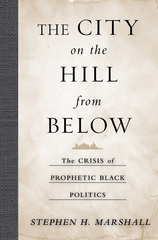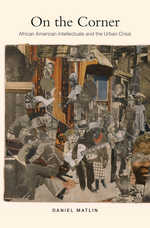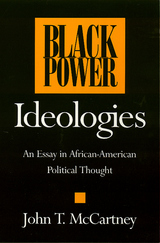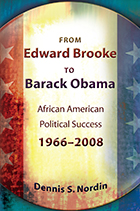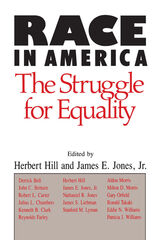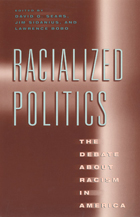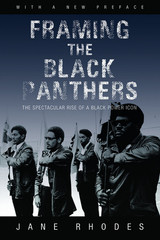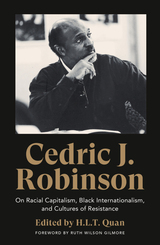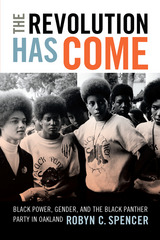From Edward Brooke to Barack Obama: African American Political Success, 1966-2008
University of Missouri Press, 2012
eISBN: 978-0-8262-7279-9 | Cloth: 978-0-8262-1977-0
Library of Congress Classification E185.615.N66 2012
See other books on: 1964- | 2008 | African American leadership | Campaigns & Elections | Election
See other titles from University of Missouri Press
eISBN: 978-0-8262-7279-9 | Cloth: 978-0-8262-1977-0
Library of Congress Classification E185.615.N66 2012
ABOUT THIS BOOK | AUTHOR BIOGRAPHY | TOC | REQUEST ACCESSIBLE FILE
ABOUT THIS BOOK
From Edward Brooke to Barack Obama investigates the implications of race in politics, a highly relevant topic in today’s American society. It offers readers a chronological overview of the progress made over the last several decades as well as shows where there is room for growth in the political arena. By taking a pertinent topic for the era and placing it in the context of history, Nordin successfully chronicles the roles of race and race relations in American politics.
In 2008, American history was forever changed with the election of Barack Obama, the United States’ first African American president. However, Obama was far from the first African American to run for a public office or to face the complexities of race in a political campaign. For over a century, offices ranging from city mayor to state senator have been filled by African Americans, making race a factor in many elections.
In From Edward Brooke to Barack Obama, Dennis S. Nordin navigates the history of biracial elections by examining the experiences of a variety of African American politicians from across the country, revealing how voters, both black and white, respond to the issue of race in an election.
In From Edward Brooke to Barack Obama, Dennis S. Nordin navigates the history of biracial elections by examining the experiences of a variety of African American politicians from across the country, revealing how voters, both black and white, respond to the issue of race in an election.
The idea to compare the African American political experience across several levels of office first occurred to Nordin as he was researching Arthur W. Mitchell’s 1934 congressional campaign. The question of white voter support was of particular significance, as was whether the continuation of that support depended upon his avoiding minority issues in office. To begin answering these questions and others, Nordin compares the experiences of eleven African American politicians. Taken from across the country to ensure a wide sample and accurate depiction of the subject, the case studies examined include Tom Bradley, mayor of Los Angeles; David Dinkins, mayor of New York; Freeman Bosley Jr., mayor of St. Louis; Senator Edward Brooke of Massachusetts; Senator Carol Moseley-Braun of Illinois; Governor L. Douglas Wilder of Virginia; and Representative J. C. Watts Jr. of Oklahoma, among others. As Nordin analyzes these individuals and their contribution to the whole, he concludes that biracial elections in the United States have yet to progress beyond race.
From Edward Brooke to Barack Obama investigates the implications of race in politics, a highly relevant topic in today’s American society. It offers readers a chronological overview of the progress made over the last several decades as well as shows where there is room for growth in the political arena. By taking a pertinent topic for the era and placing it in the context of history, Nordin successfully chronicles the roles of race and race relations in American politics.
See other books on: 1964- | 2008 | African American leadership | Campaigns & Elections | Election
See other titles from University of Missouri Press
